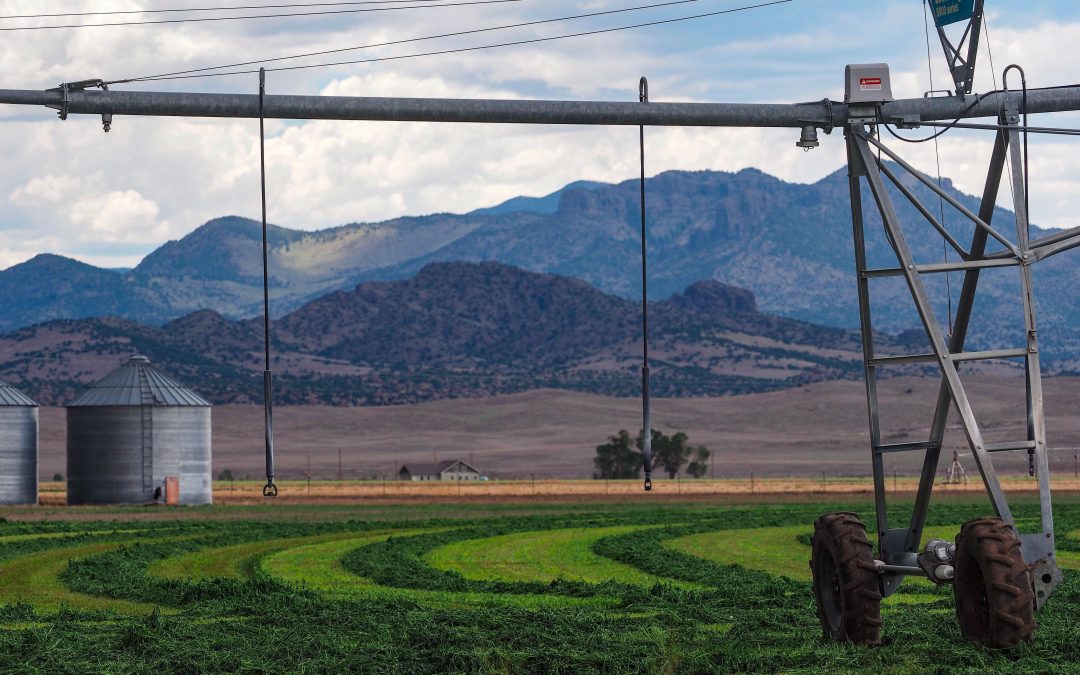A Colorado agricultural nonprofit is offering $1 million in grants to farmers and ranchers who are looking into the future to find ways to remain productive and profitable while conserving scarce water supplies.
“It’s pretty significant for us,” said Greg Peterson, executive director of the Colorado Ag Water Alliance. “Is it going to fix the water issues in Colorado? No. But we’re going to get a good solid shot at implementing practices that show us what works and what doesn’t.” Across the American West, including in the Colorado River Basin, farmers and ranchers control roughly 80% of the water that is used. Figuring out ways to save the declining resource is critical as states and water users wrestle with chronic drought, shrinking mountain snowpacks and declining stream flows caused by climate change.
Across the American West, including in the Colorado River Basin, farmers and ranchers control roughly 80% of the water that is used. Figuring out ways to save the declining resource is critical as states and water users wrestle with chronic drought, shrinking mountain snowpacks and declining stream flows caused by climate change.
The program, now in its second year, has witnessed a dramatic surge in interest, with major water suppliers, such as Denver Water, Aurora Water and Northern Water, as well as the Colorado Water Conservation Board, helping fund the grants, according to Peterson. Last year, the Colorado Ag Water Alliance was able to offer just $400,000 in funding. Farm water systems are notoriously difficult to transform, with some improvements costing millions of dollars and requiring new equipment, and others requiring changes to water law or soil management practices.
A new survey of thousands of farmers and ranchers in the Colorado River Basin released in September showed that engaging them in large-scale water conservation programs would be difficult without local control, protection for their water-rights and adequate funding.
But regional efforts such as CAWA’s have a good shot at succeeding, according to Perry Cabot, a Colorado State University researcher who has spent decades studying agricultural water use.
“It’s always a good idea to go to farmers to see how we can support them to trial ideas that they themselves have learned about,” Cabot said.
“And CAWA understands research. They get the value of how to design experiments and interpret results.”
This year, Peterson said they plan to streamline the application and reporting process to lure new participants.
“We’re doing this to provide a quick, easy form of funding so that farmers can experiment and implement on-farm. We will work with them on the applications, we will collect the data, we will write the reports. Those are barriers for a lot of grant programs. Let’s remove them to get people to apply and implement their ideas,” he said.
The deadline to apply is Jan. 2. Application materials can be found here.
Fresh Water News was launched in 2018 as an independent, nonpartisan news initiative of Water Education Colorado. Our editorial policy and donor list can be viewed at wateredco.org.


 Print
Print